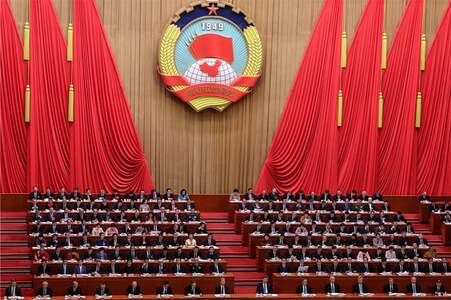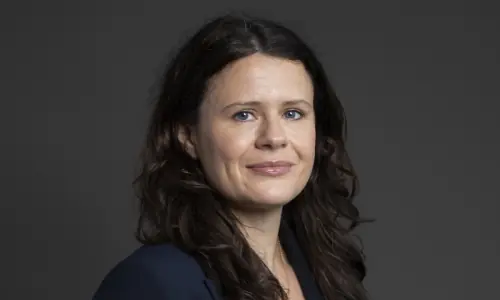
STOCKHOLM: Three researchers won the Nobel Chemistry Prize on Wednesday for the development of lithium-ion batteries, paving the way for smartphones and a fossil fuel-free society.
John Goodenough of the United States — at 97 the oldest person to be awarded a Nobel prize — Britain’s Stanley Whittingham, and Japan’s Akira Yoshino will share the nine million Swedish kronor (about $914,000 or 833,000 euros) prize equally, the Royal Swedish Academy of Sciences said.
“This lightweight, rechargeable and powerful battery is now used in everything from mobile phones to laptops and electric vehicles... (and) can also store significant amounts of energy from solar and wind power, making possible a fossil fuel-free society,” the jury said.
“Lithium batteries have revolutionised our lives since they first entered the market in 1991,” and were “of the greatest benefit to humankind”.
Over two-thirds of the world’s population own a mobile device, nearly all of which are powered by rechargeable lithium-ion batteries, Paul Coxon of the University of Cambridge’s Department of Materials Science and Metallurgy said. Seeking an alternative source of power during the oil crisis of the 1970s, Whittingham discovered a way to harness the potential energy in lithium, a metal so light it floats on water.
He constructed a battery partly made of lithium that utilised the element’s natural tendency to shed electrons, thereby transferring energy. However the battery was too unstable to be used.
Goodenough built on Whittingham’s prototype, substituting a different metal compound and doubling the potential energy of the battery to four volts.
Published in Dawn, October 10th, 2019
































